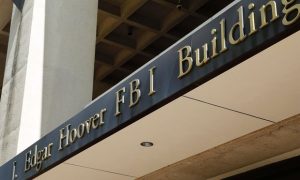Courtesy of Rex Bradford, president of the Mary Ferrell Foundation:
Yesterday’s release:
* 52 formerly withheld-in-full documents, out of more than 3100 remaining (less than 2%)
* 2839 formerly redacted documents, out of an estimated 30,000-32,000 (less than 10%)
I have also seen redactions in several of the documents. One of them is a Warren Commission document on George deMohrenschildt, and ten years ago I photocopied an unredacted version of the same document.


